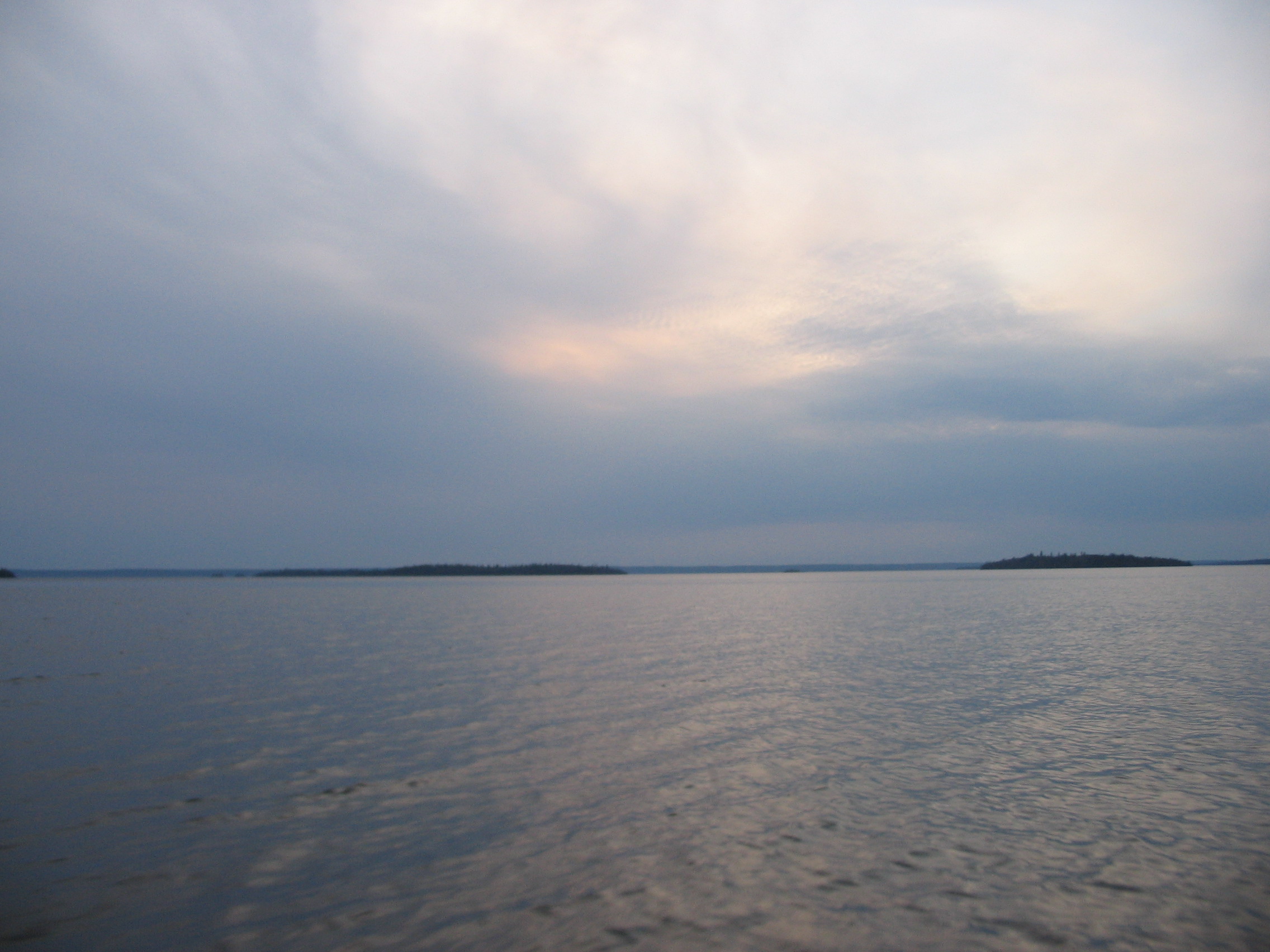Restoring St. Clair river is only viable option in addressing water levels: ROWI

Open letter to the Georgian Bay Community from Restore Our Waters International
Recently the Georgian Bay Association (GBA) requested that Restore Our Water International (ROWI) participate in a mediation session with other organizations to arrive at a common position regarding what should be done about the 14 years of sustained low water levels. ROWI agrees that it is extremely important that the Georgian Bay community speak in a unified voice. Disagreement on approaches within the Georgian Bay community only complicates efforts to seek American commitments to resolving water level losses in a timely fashion.
The recent rise recent rise in water levels over the last 15 months is certainly welcome news! This rise is a direct consequence of extraordinary rainfall in 2013 and an extremely cold long winter with significant snowfall from outside the basin. This welcome rise in water levels, however, can lead some people, especially politicians, to think that the problem with the water balance for lakes Michigan-Huron has been resolved. Far from it – the problem remains but is currently hidden by the recent abnormal weather conditions. Increased Lake Huron outflows through the St. Clair River still have not been addressed by our governments in Canada and the United States. Both governments have admitted to being responsible for the adverse effects of past dredging activities (and resulting riverbed erosion) in the St. Clair River. Continual loss of water will occur until the riverbed is stabilized and flexible mitigation measures are put in place to compensate for past human modifications to the outlet.
ROWI’s Mission Statement is very clear on our approach to restoring Michigan-Huron-Georgian Bay water levels versus complete water control strategies for these lakes and for Lake Erie downstream. These complete water control measures, referred to as “multi-lake regulation,” would include tens of Billions of dollars of investments in locks and dams in the St. Clair and Niagara Rivers. ROWI is committed “to restore the natural ranges of water levels on the Great Lakes and flows in their interconnecting waterways that have been altered by man-made intervention.”
One of our goals is to “discourage discussion of full water level regulation of lakes Michigan-Huron outflows, but rather promote “flexible” engineering solutions …” This position is consistent with the findings and recommendations of three prior International Joint Commission (IJC) studies (Lake Erie Limited Regulation Study, Great Lakes Levels Study and Upper Great Lakes Study). These IJC studies have been endorsed by both governments with respect to implementation of all multi-lake regulation (MLR) strategies because of the massive economic costs and likely environmental damage that would be caused by such schemes. MLR by any name was rejected. The ROWI Board of Directors has decided that as an organization, we are unwilling to submit this fundamental policy position to any form of “mediation.” GBA had proposed to engage a facilitator trained in mediating disputes to seek a common approach for the Georgian Bay Community. Unfortunately the mediator has little or no experience in the complex and systemic nature of Great Lakes water quantity management.
Georgian Bay Forever (GBF), and in turn the GBA, have chosen to promote various forms of multi-lake regulation strategies. These schemes would only expand upon the unnatural water balance to the system. During the recent IJC Upper Great Lakes Study public hearings, GBF was openly advocating for MLR – a plan that would require locks and dams in the St. Clair River and blasting the Niagara River to allow for similar structures. The costs were estimated to be $23 Billion in the 1993 Great Lakes Levels Reference Study, along with significant ecological harm throughout the system. More recently GBF has been advocating for “system wide management” and in the last GBA Update article both GBA and GBF are saying they support “a more holistic approach to water management across the Great Lakes” in lieu of the recommended IJC St. Clair compensation option. By comparison, flexible compensation measures installed in the St. Clair River to raise Michigan-Huron-Georgian Bay water levels by up to 20” have been estimated to cost $300 Million and could be installed within a decade.
In addition, ROWI has been pushing for the start-up of a detailed engineering design project by the U.S. Army Corps of Engineers to re-evaluate its past St. Clair River compensation plans in light of current conditions. Initial funding has recently been dedicated to this project by the U.S. Administration. We collectively believe that ROWI should not participate in GBA’s proposed meeting as currently structured since there is only one viable option to consider…. that is, restore the natural conveyance of the St. Clair River and restore up to 20” of permanently lost water levels on the upper Great Lakes. Negotiations to broaden this objective would only impede our momentum and would confuse the decision-makers who must fund this endeavor.
With that said, ROWI is committed to working with all of our collaborating organizations and with other like-minded user communities to promote reasonable, defensible and cost-effective solutions to permanently restoring natural water level ranges on each of the lakes. Furthermore, ROWI will promote a broad dialogue amongst affected users to explore various St. Clair River compensation options. We still hold out hope that GBA and GBF and others will join us in this campaign. We also thank GBA for their continual efforts to seek consensus within the Georgian Bay community.
June 14, 2014
On behalf of the ROWI Board of Directors,
Roger Gauthier, Chair
Mary Muter, Vice Chair









Leave a Reply